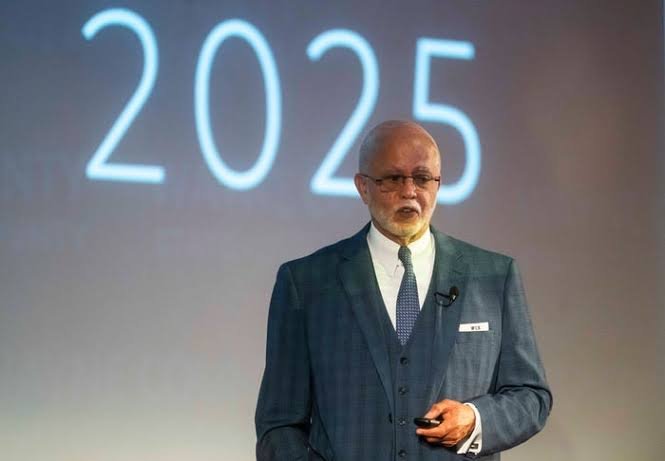
Wayne County Erases $27 Million in Medical Debt for 46,000 Residents
Wayne County, Michigan, has taken a significant step toward alleviating financial burdens for its residents by eliminating $27 million in medical debt for more than 46,000 people. The initiative, made possible through a partnership with a national debt relief program, targets low-income individuals and families struggling with unpaid medical bills.
How the Program Works
The county leveraged federal pandemic relief funds from the American Rescue Plan Act (ARPA) to purchase and cancel medical debt at a fraction of its original cost. By collaborating with RIP Medical Debt, a nonprofit that buys medical debt in bulk and forgives it, Wayne County was able to maximize the impact of its investment.
Residents who qualify—typically those earning up to 400% of the federal poverty level or with medical debt exceeding 5% of their annual income—receive debt relief automatically, without needing to apply.
Impact on the Community
Medical debt is a leading cause of financial distress in the U.S., often forcing individuals to choose between paying bills and covering basic needs. By erasing this debt, Wayne County aims to:
– Improve financial stability for thousands of households.
– Reduce stress and improve health outcomes, as medical debt is linked to delayed care.
– Stimulate the local economy by freeing up income for other essential expenses.
A Growing Trend
Wayne County joins a growing list of cities and counties—including Chicago, New Orleans, and Toledo—that have partnered with RIP Medical Debt to relieve residents of crippling medical bills. This initiative reflects a broader recognition of medical debt as a systemic issue requiring innovative solutions.
County Executive Warren Evans emphasized the program’s role in addressing inequality, stating, “No one should have to choose between paying for medical care and putting food on the table. This effort is about giving our residents a fresh start.”
What’s Next?
With millions still burdened by medical debt nationwide, advocates hope more local governments will adopt similar programs. Wayne County’s success could serve as a model for other regions seeking to provide immediate relief to their most vulnerable residents.
For those who benefited, the debt cancellation arrives as life-changing news—one less barrier to financial security and peace of mind.






